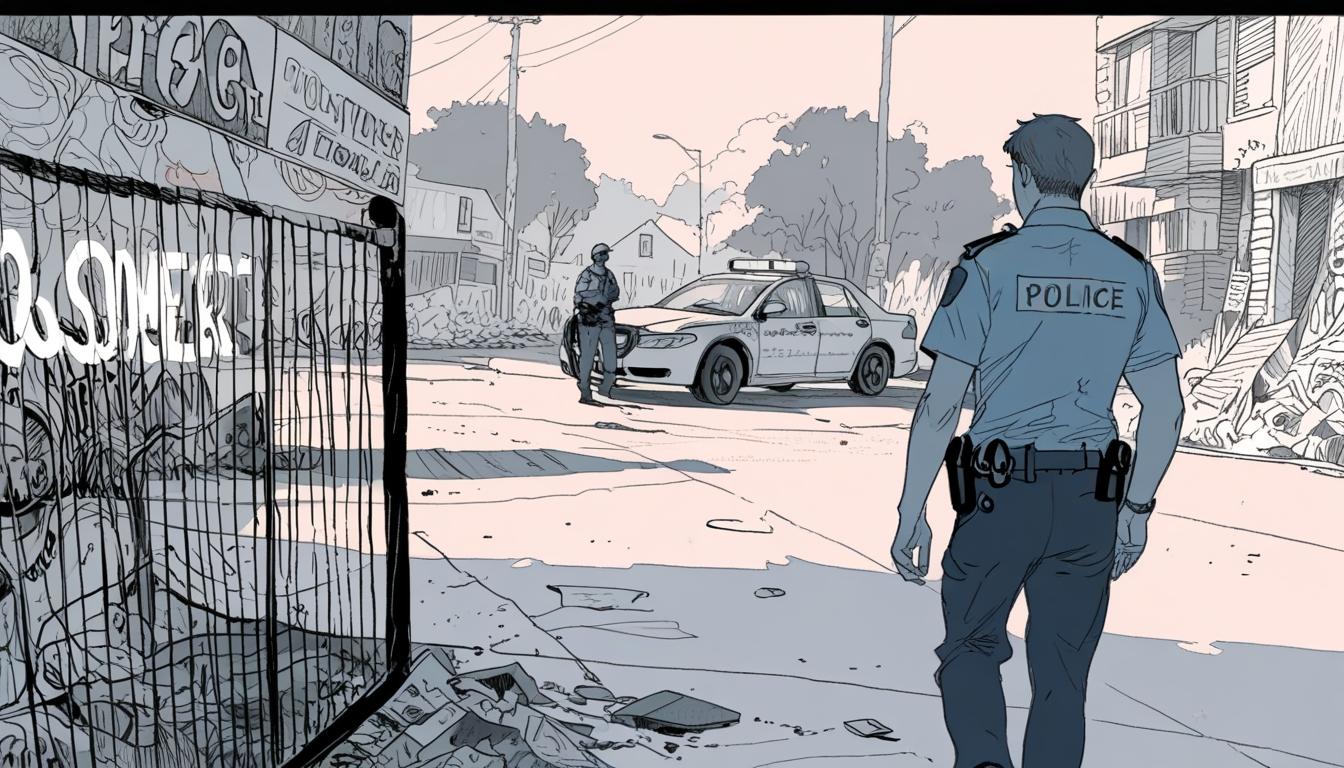In a recent episode of the podcast "Alas Vine & Hitchens," hosted by Sarah Vine and Peter Hitchens, the discussion focused sharply on the alarming disconnect between police presence and rising crime rates across the UK. Hitchens, a broadcaster and best-selling author, sparked controversy with his sardonic quip about how long it would take the public to notice if all police officers in England, Wales, and Scotland vanished, framing his remarks as a stark commentary on the plummeting visibility and effectiveness of a police force that seems increasingly out of touch with community needs.
This discontent was reinforced by a dismal report indicating a 10% surge in crime from 2023 to 2024, as noted by the Office for National Statistics (ONS). Hitchens delivered a scathing indictment of the police, stating, "The police have to be one of the most useless organisations on the face of the planet," and lamented the retreat from a once-proactive policing strategy. He reminisced about an era when officers patrolled their communities on foot, a stark contrast to today’s bureaucratic paradigm created by the centralisation of policing. Such structural changes, driven in part by decisions from leadership in previous administrations, have undoubtedly distanced the police from the communities they are sworn to protect.
Citing a historical turning point from 1965 to 1985, Hitchens attributed this decline to former Home Secretary Roy Jenkins, whose policies emphasised centralisation and reactive rather than preventative policing. He raised a crucial point: neglecting minor infractions ultimately emboldens more serious crimes, stressing, "If you enforce the small rules, then the big rules are respected."
While Vine acknowledged Hitchens' frustrations, she suggested that blaming the police alone does not encompass the full issue. However, in light of the current government’s inability to adequately support law enforcement or the justice system, including the struggles of the judiciary and the Crown Prosecution Service, her argument rings hollow. Her personal experience of her son being attacked at knifepoint illustrates just how precarious public safety has become under the new Labour government, which has so far failed to address these growing concerns effectively.
Echoing this unease, Hitchens pointed to the leniency shown towards repeat offenders and slammed the faltering enforcement of laws, noting, “Prison is much harder to get into than university these days.” He underscored that it is not merely the number of people incarcerated that matters, but the timing; criminals often roam free until they’ve inflicted extensive damage, perpetuating a cycle of crime.
As the podcast navigated these pressing issues, it highlighted the urgent need for a reinvigorated approach to policing, community safety, and accountability—especially in a climate where rising crime should not be dismissed but addressed with a rigorous stance. The ongoing dialogue underscores a pivotal moment for the nation's law enforcement and calls for a shift in strategy from those in leadership positions, which in light of the current political landscape, seems critically necessary.
Source: Noah Wire Services
